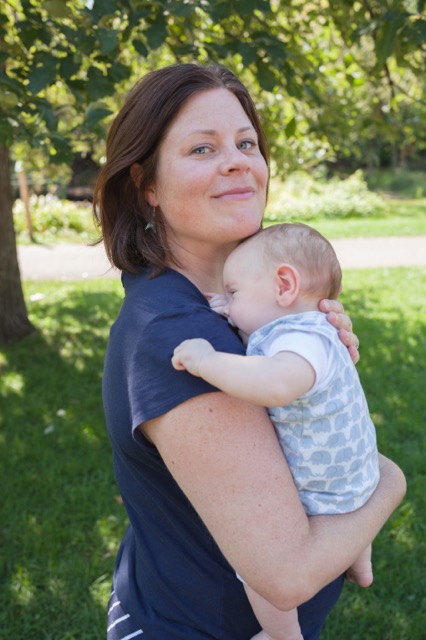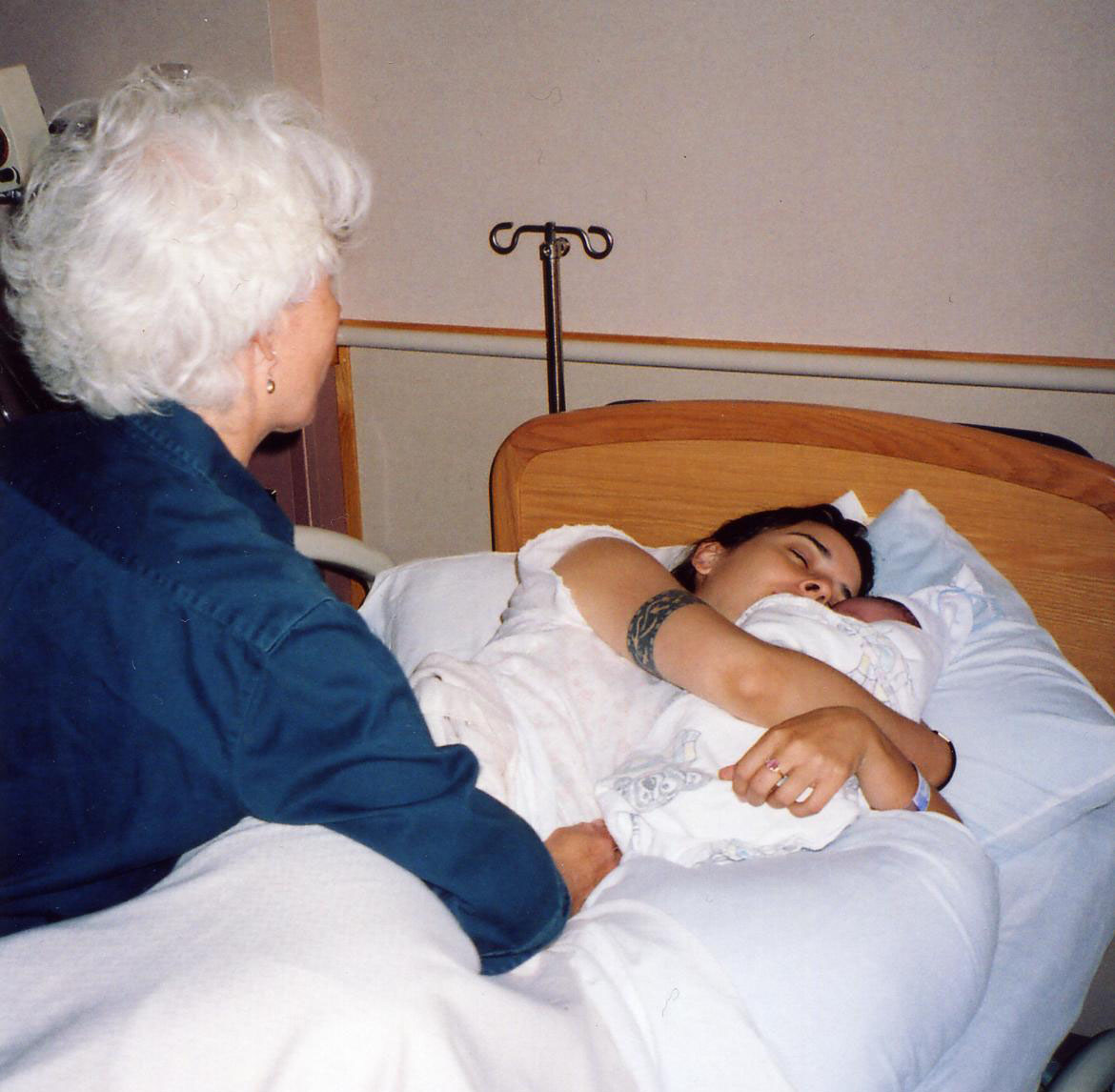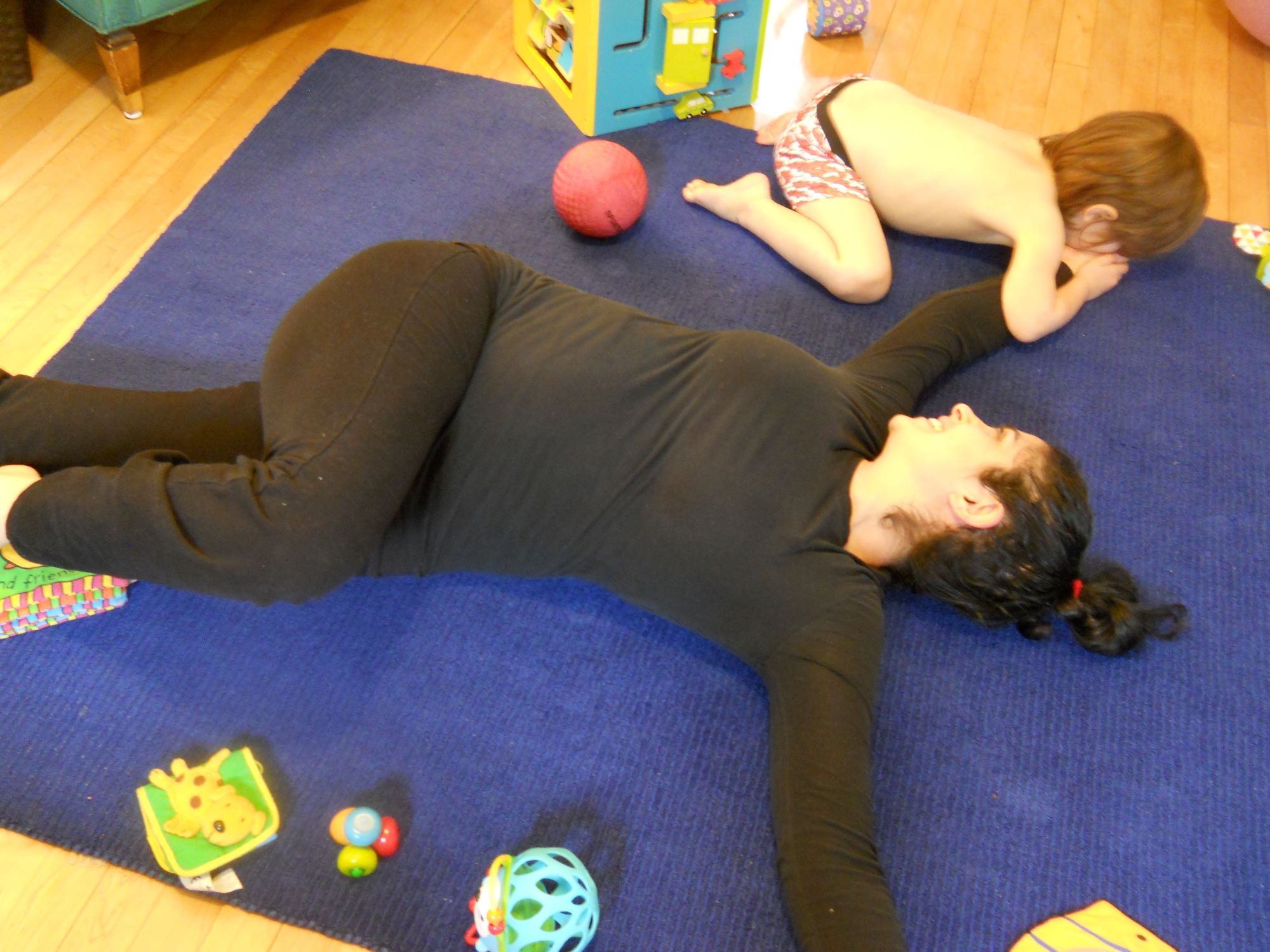Postpartum
Giving birth and mothering are profound life changes for women. You can meet the physical and emotional challenges of caring for yourself and for your baby with the gentle support of somatic therapies and with activities to recover core strength. Whether you are a first-time parent, have older children or are blending families, your family newly forms with the arrival of this baby. All this you hold dear as a mother, as you hold everyone in good relationship.
Profound life changes
Sometimes you are feeling all the new ways you are using your body in caring for your baby, as well as recovering from birth. You may feel tension and weakness or painful breastfeeding. Sometimes mother and babies both need help.
You may feel that your heart is stretched too thin. Did you have a difficult or traumatic birth? Are you having a hard time connecting with your baby – or yourself – or your partner? Are you on an emotional roller coaster? Mild baby blues? Or ongoing depression or anxiety? Postpartum bodywork can address the great range of experiences that women go through.
Ongoing impacts from intensity of birth
You had nine months to gradually grow your baby. Birth was a major event. Now suddenly you have landed in a completely different hormonal cycle. You can foster emotional balance with somatic support, mindfulness practices, and movement alignment for carrying new loads in your life.
Body imbalance: tension and weakness
Being a new mom can bring new aches and pains. Continuous bending forward to breastfeed, carrying and bouncing your baby to comfort him, along with lifting them up, can take a toll on your neck, shoulders, and back. On your front, the abdominals may be weak or separated. Your pelvic floor may be slow to heal and regather after birth. You can relieve muscle tension with myofascial therapy and learn Body Ready Method (BRM) movements to build core strength and balanced alignment.
Breast pain and difficulties breastfeeding
Breastfeeding doesn’t need to be distressing for mother or baby. Pain is a signal that something is wrong; and it can impair milk supply and baby’s growth. Your baby may be upset, thrashing, coming on and off your breast, while aggravating tender breast tissue and prolonging feeds. With wraparound support you and your baby can successfully breastfeed without pain.
Feelings of disconnection
Are you feeling disconnected from your dear ones – starting with yourself? Are you worried about not bonding with your baby? Do you crave more connection and support from your partner? Start by connecting with yourself with time for renewal with somatic bodywork. Refill your well as the source of rebuilding relationships with those close to you.
Baby blues
Baby blues, while normal in the first six weeks after giving birth, are hugely reduced with good support. Ask for help as you adjust to your new life as a mother and a newly configured family. Postpartum is a crucial time to invite your community to provide for your family, and for you to replenish your own inner resources with self care.
If your baby cries persistently or is very difficult to console, many parents feel deeply discouraged. Your baby may need gentle bodywork also to recover from the intensity of their birth. Get help for both of you.
Traumatic birth
If you’ve experienced a traumatic birth and you’re considering another pregnancy and birth, get bodywork support and draw on somatic processing to reduce your risks of a future difficult birth. Body Ready Method® can help restore pelvic floor function.
Depression and anxiety
When depression or anxiety persists you may need more support. You may have experienced loss or overwhelming difficulties. Sometimes you may find yourself grieving the loss or changes from being an independent, self-sufficient woman. People may be telling you to get over it. You do not have to do this alone. You can navigate big changes in your life with help. Somatic therapy helps with emotional balancing, and when combined with mental health counsel, provides powerful support for you to go through difficult times.
If you are having violent thoughts or are afraid that you may harm yourself or your baby, find help at Pregnancy & Postpartum Support MN.






